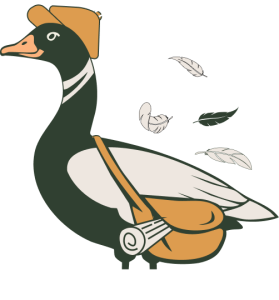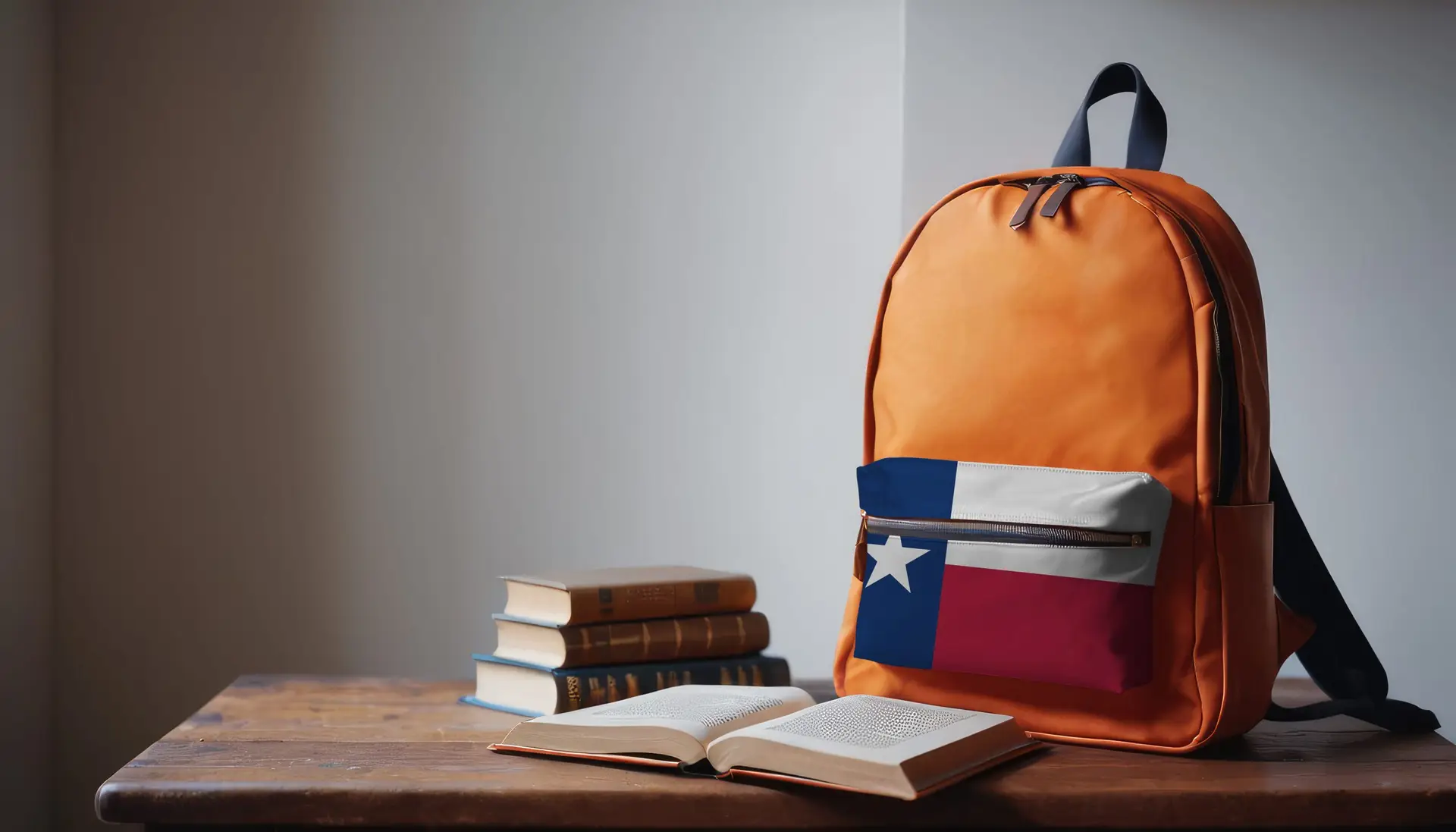Texas Governor Greg Abbott has signed into law a sweeping $1 billion school voucher program, marking one of the most significant shifts in the state’s education policy. The legislation, known as Senate Bill 2, establishes Education Savings Accounts (ESAs) that allocate public funds for private school tuition and other educational expenses.
Under the new law, families can receive up to $10,000 annually per student to cover costs such as tuition, textbooks, and transportation. Students with disabilities are eligible for up to $30,000, while homeschoolers may qualify for $2,000. The program is set to begin in the 2026–2027 school year and is projected to support approximately 90,000 students initially, with potential costs reaching $4.5 billion annually by 2030
Supporters Advocate for Parental Choice
Advocates of the voucher system argue that it empowers parents to choose the best educational setting for their children. Governor Abbott emphasized that the initiative aims to provide families with more options and control over their children’s education. He stated, “This is an extraordinary victory for the thousands of parents who have advocated for more choices when it comes to the education of their children.”
The law includes accountability measures such as standardized testing and financial audits for participating private schools. However, these institutions are not required to adhere to the same curriculum standards or testing protocols as public schools, raising concerns about the comparability of educational outcomes.
Critics Express Concerns Over Public Education Funding
Opponents of the voucher program warn that it could divert essential funds from public schools, which serve over 5 million students in Texas. Educators and public school advocates argue that the initiative may exacerbate educational disparities, particularly for low-income and rural communities.
Ovidia Molina, president of the Texas State Teachers Association, expressed concern that the vouchers might primarily benefit families already enrolled in private schools, stating, “We know that $10,000 may not cover everything for a private school, and we know that people that are already in private schools and can afford it will now get a $10,000 coupon on taxpayer-funded vouchers.”
Additionally, public schools are mandated to conduct special education evaluations within 45 days for students seeking to access the higher voucher amounts for disabilities, even if those students are not enrolled in public schools. This requirement is expected to place additional strain on already overburdened public school systems.
Political Dynamics and Future Implications
The passage of Senate Bill 2 follows a concerted effort by Governor Abbott to overcome longstanding opposition within his own party. In the 2024 GOP primaries, Abbott successfully unseated 15 Republican incumbents who opposed voucher legislation, reshaping the political landscape to favor school choice initiatives.
While the voucher program has been enacted, debates over its impact on public education funding and equity are expected to continue. Education advocates are closely monitoring the implementation of the program and its effects on the state’s public school system.

